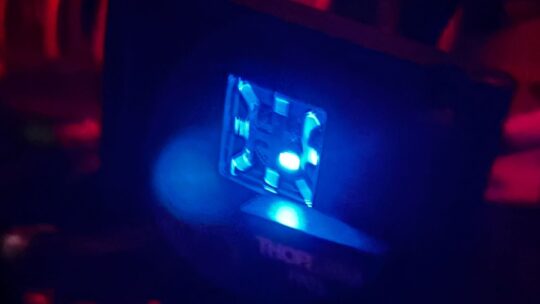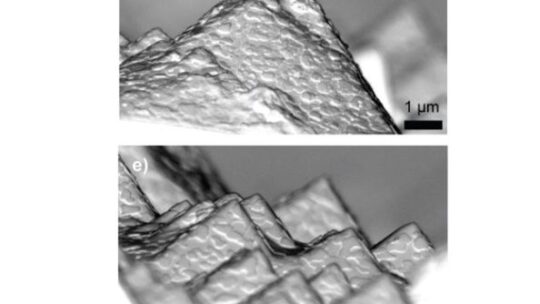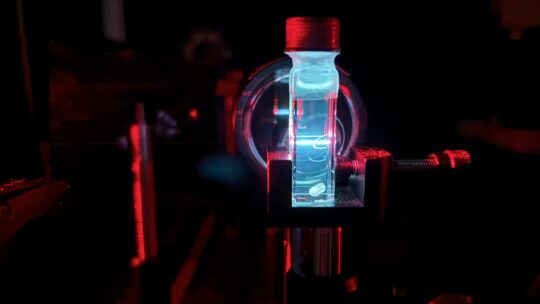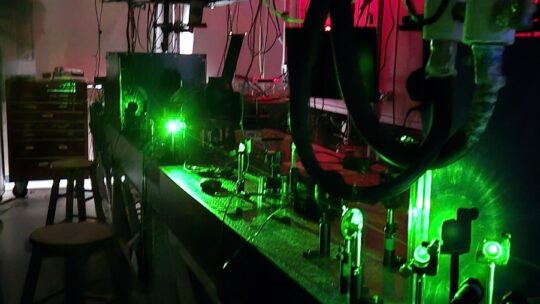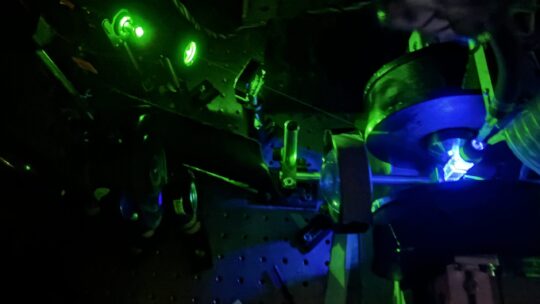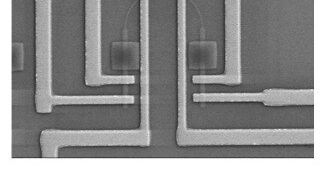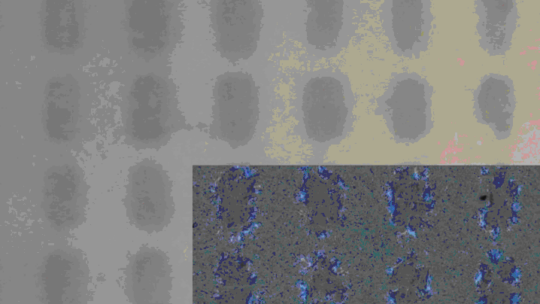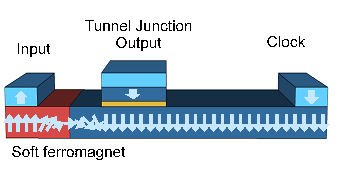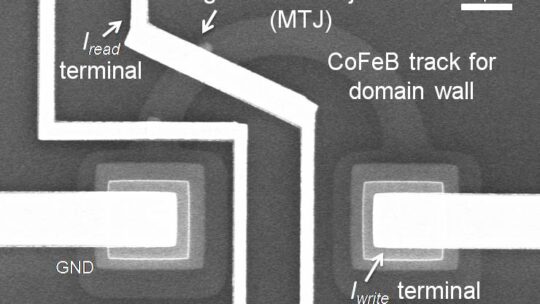Research
We span three applications: optoelectronics, spintronics and sensing.
For optoelectronic applications such as LEDs and solar cells we focus on manipulating and controlling excitons—quasiparticle excitations consisting of a bound electron and hole that mediate the absorption and emission of light, especially in disordered and low-dimensional materials.
For logic, we focus on building systems using spintronics to overcome perhaps the greatest weakness of conventional field-effect transistor logic—its power dissipation. Although the switching energy of transistors has continued to decrease as conventional devices scale to smaller sizes, the supply voltage cannot scale correspondingly and more energy is lost to charge leakage. We propose instead to manipulate information in collective states such as the domains of ferromagnets. Strong interactions in ferromagnetic domains align electron spins collectively. We have been working to translate these phenomena into practical, concatenable digital logic circuits.
Fast and low cost gas sensing is a critical technology with applications ranging from fast medical diagnoses to safe energy generation and storage. We functionalize transistors with a variety of novel materials to differentiate unique interactions with different gasses, and use machine learning algorithms to achieve highly sensitive and selective on chip gas sensors.
Earlier research topics include:

